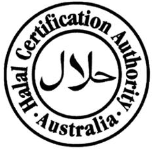Federal Circuit Clarifies Scope of Estoppel Provision and Provides Guidance on “Patentably Distinct” Claims
On 26 July 2024, the Federal Circuit entered its decision in SoftView LLC, v. Apple Inc.1 holding that patent owner estoppel2 applies to newly presented and amended claims, but does not apply to issued claims. The Federal Circuit also confirmed that patent owner estoppel prevents a patent applicant from later obtaining a patent claim that is “not patentably distinct” from a finally refused or cancelled claim, but that patent owner estoppel does not apply to defending issued, unamended claims.
Read More
